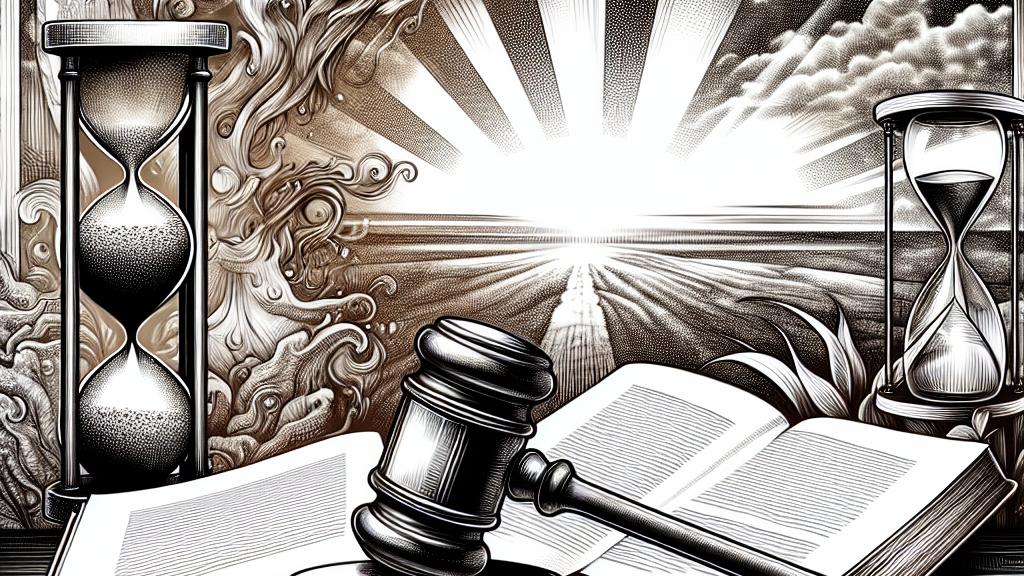Understanding the Impact of Presidential Term Limits in Zambia
Overview
- The Zambian Constitutional Court has decisively ruled that former President Edgar Lungu cannot seek the presidency in 2026, marking a significant political turning point.
- Lungu's tenure, which includes both his time as an acting president and elected terms, exceeds the constitutional limit of two terms, solidifying the court's stance.
- This ruling reflects the intricate relationship between law and political maneuvering in Zambia, underscoring the importance of upholding democratic principles.

The Landmark Ruling
In an unprecedented legal decision, Zambia's Constitutional Court ruled that former President Edgar Lungu is ineligible to run for the presidency in 2026, effectively halting his political ambitions. The court argued that Lungu’s time in power, which spans his initial period following Michael Sata's death in 2014 and his subsequent two elected terms, counts as two full terms as defined by Zambian law. This ruling does more than just remove Lungu from the political arena; it sets a precedent that reinforces the necessity of constitutional adherence in democratic processes, signaling to future leaders that the rule of law must prevail.
Political Context and Reactions
The reactions to this ruling have been as varied as the political landscape itself. Lungu responded with frustration, asserting that President Hakainde Hichilema is using legal mechanisms to avoid facing him in a direct electoral challenge. He articulated his concerns about a perceived erosion of democratic principles, declaring such actions as underhanded and reflective of a broader political strategy aimed at discrediting him. On the other side, Hichilema and his administration welcomed the court's decision, emphasizing it as a step towards greater electoral integrity and justice. They argue that this ruling serves to protect democracy by ensuring fair competition, thereby illustrating the ongoing struggle for power and influence within the nation’s political scene.
The Broader Implications of Term Limits
This court ruling not only emphasizes the significance of presidential term limits but also illuminates the very fabric of Zambian democracy. Such limits are pivotal, as they not only prevent the consolidation of power but also encourage a dynamic political environment where new ideas and leaders can emerge. Lungu's situation underscores the reality that when leaders adhere to constitutional mandates, they strengthen the democratic foundation upon which their country stands. Reflecting on this ruling, citizens are reminded of their stake in the political process, fostering a collective belief that democracy is not merely a system but a cultural value, one that requires active participation and vigilance. Ultimately, the court's decision rings clear: democracy demands respect and accountability from all its players, a message that resonates deeply within the heart of Zambian society.

Loading...